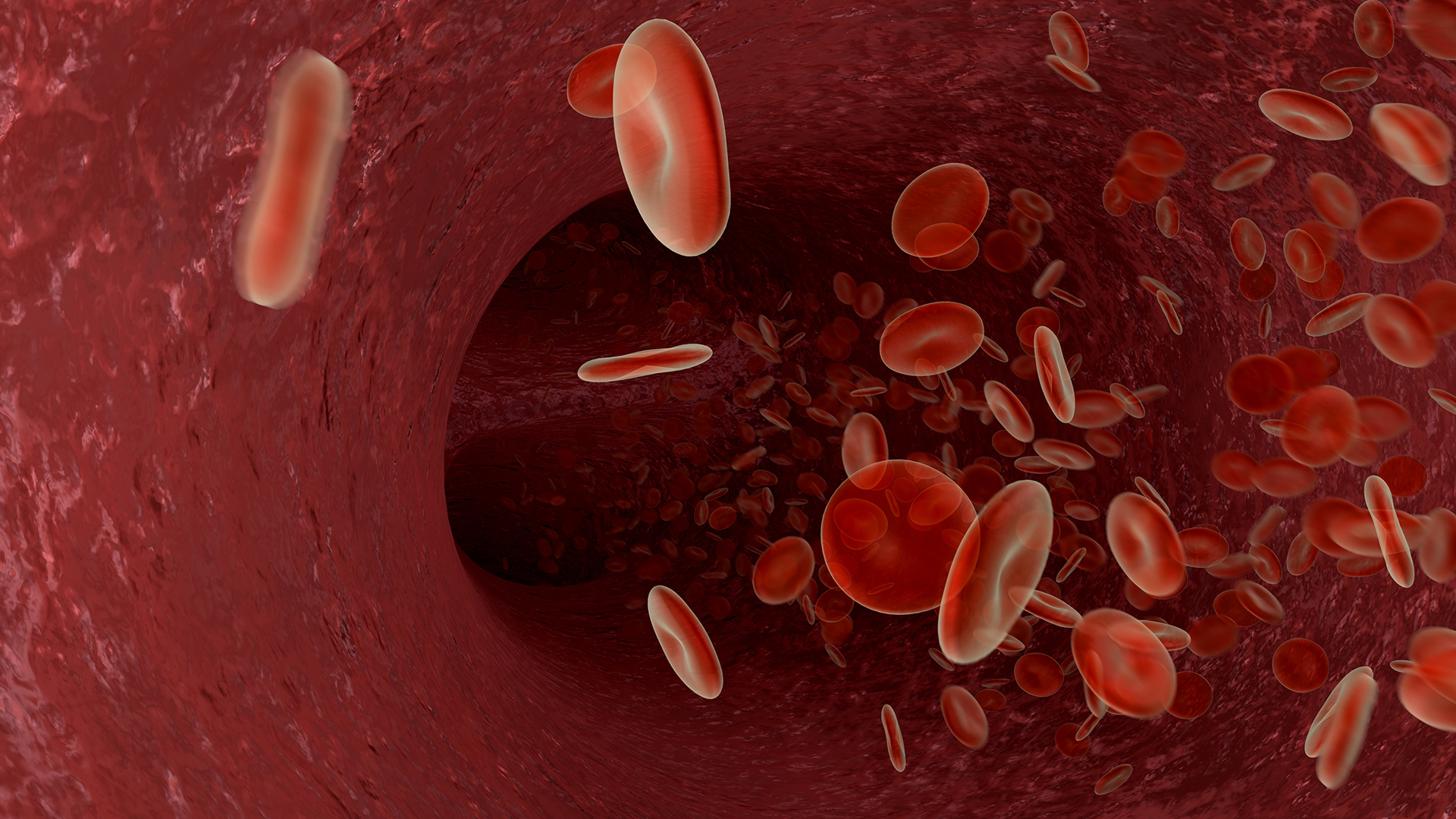Connection between overactive immune response and severe COVID-19 symptoms explored
In a recent study, funded by SciLifeLab and the Knut and Alice Wallenberg Foundation (KAW), researchers have studied the relationship between severe COVID-19 and an overactive innate immune system. According to the researchers, the overactive immune response may underlie both deterioration in oxygen saturation as well as the formation of blood clots (thrombi).
The researchers followed 66 COVID-19 patients in an intensive care unit in 2020. There they found a heightened activation of the intravascular innate immune system (IIIS). The IIIS constitutes a large part of the natural immune system in most present-day animal species.
“It’s probably the tissue damage, with dead cells in the lungs, that initiates this activation. It can potentially lead to clot formation and poor oxygen saturation due to increased leakage into the blood vessels,” says Professor Bo Nilsson (UU), who led the study.
In the report, the researchers “present evidence that the complement and in particular the kallikrein/kinin system is strongly activated” and writes that “both systems are prognostic markers of the outcome of the patients suggesting their role in driving the inflammation”.
This hormonal system is still not well understood and consists of different blood proteins involved in pain, inflammation, blood pressure control and coagulation. Today, there are drugs approved for treating the disease hereditary angioedema by inhibiting the kallikrein/kinin system. The scientists believe that “already licensed kallikrein/kinin inhibitors are potential drugs for treatment of critically ill patients with COVID-19”.





